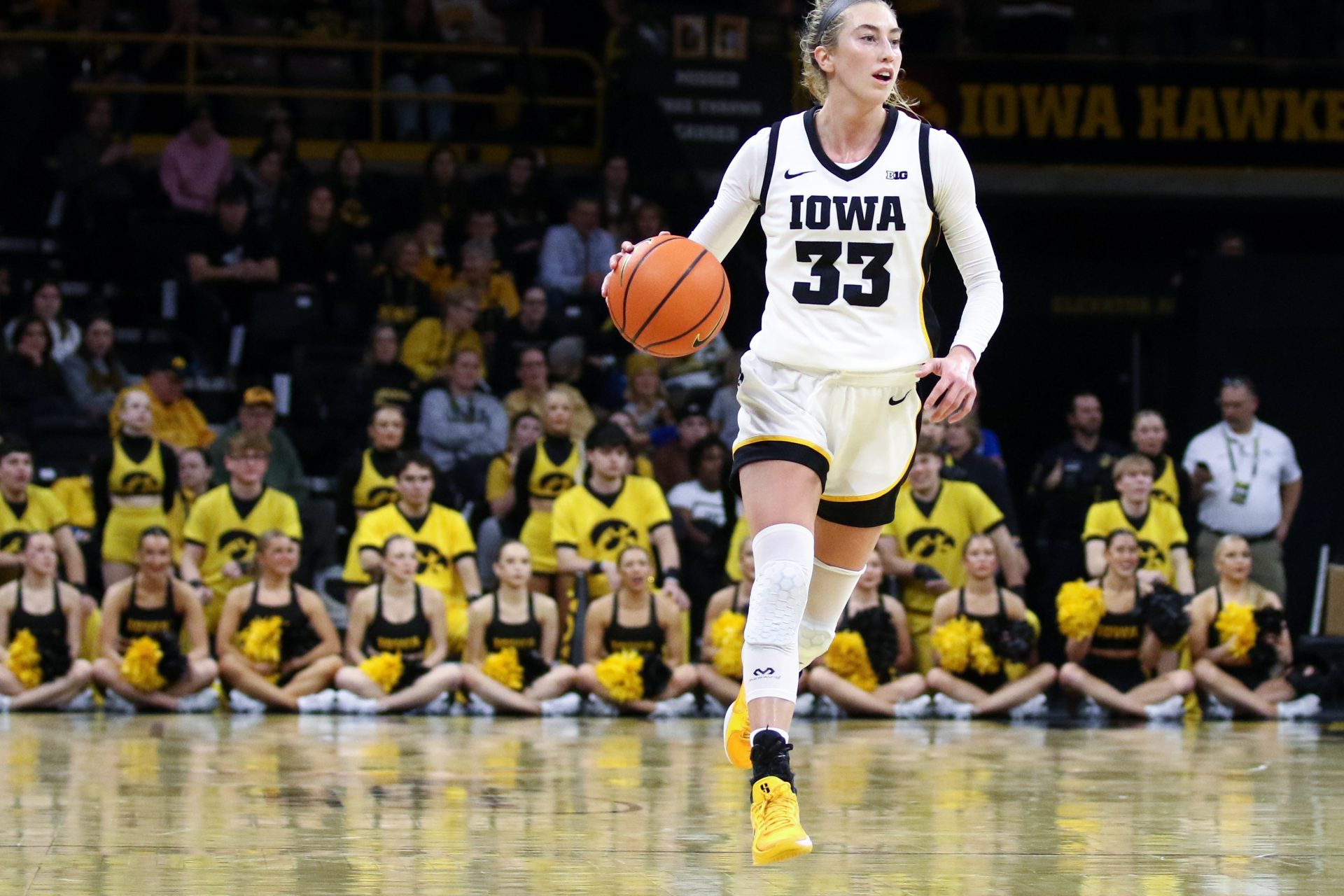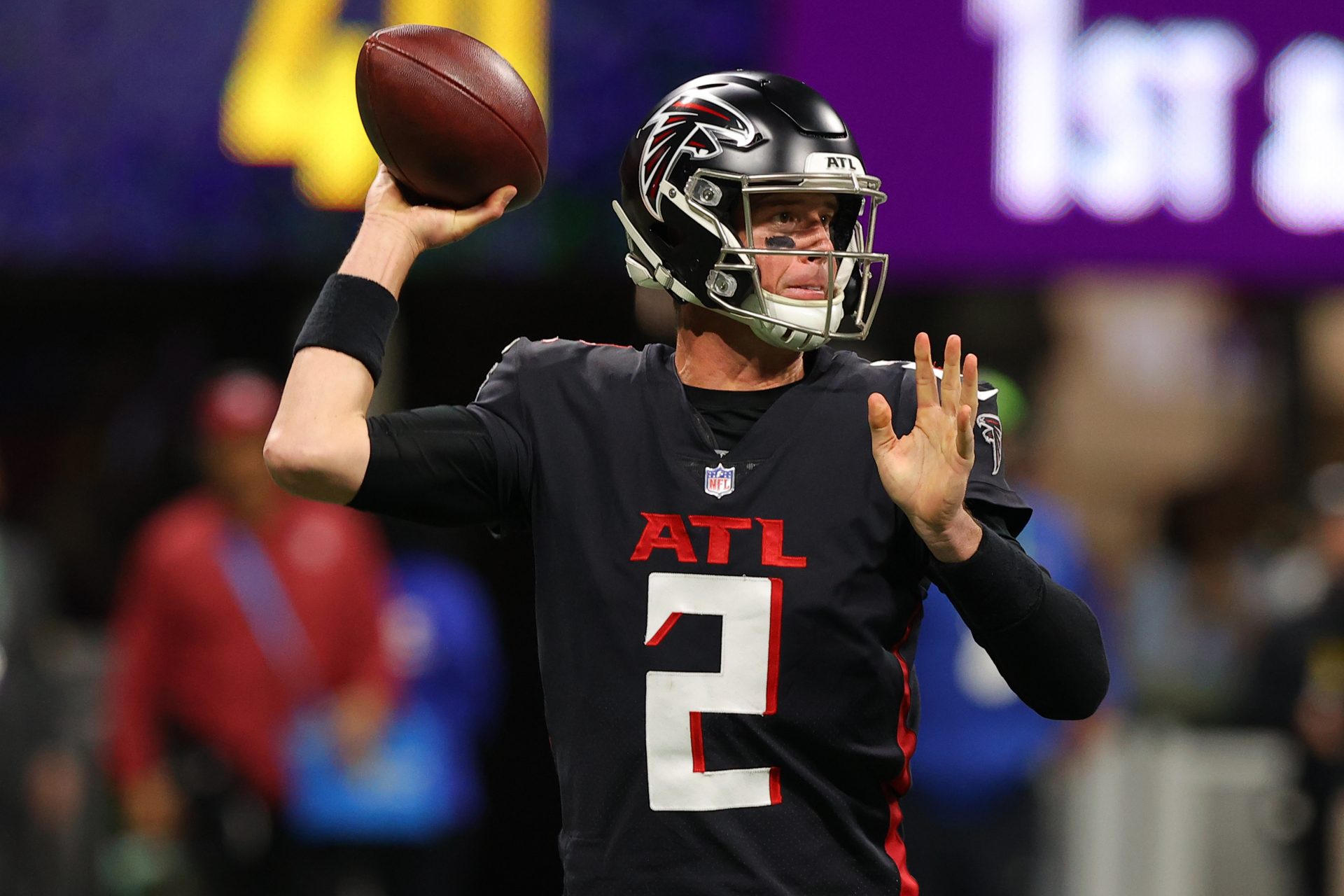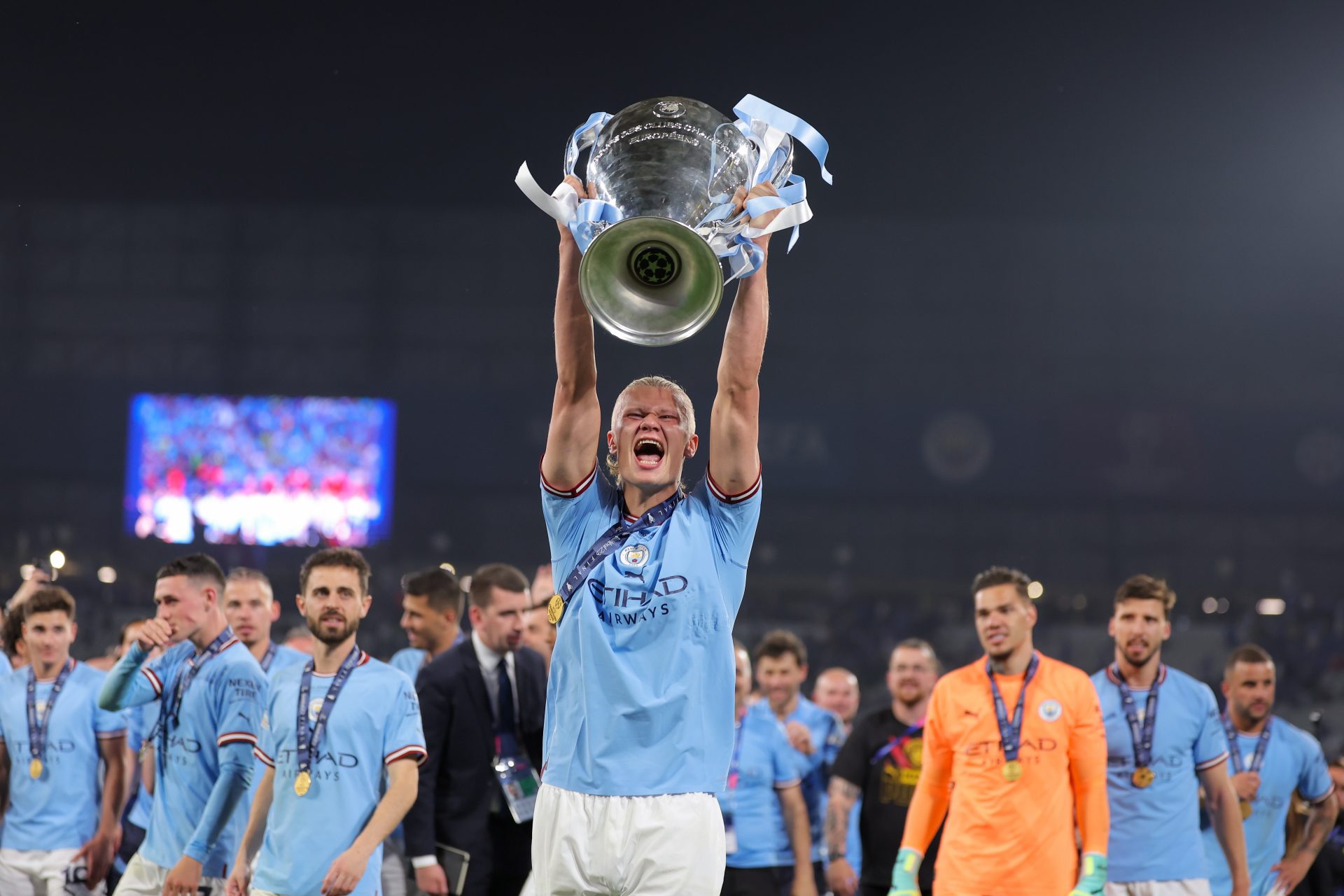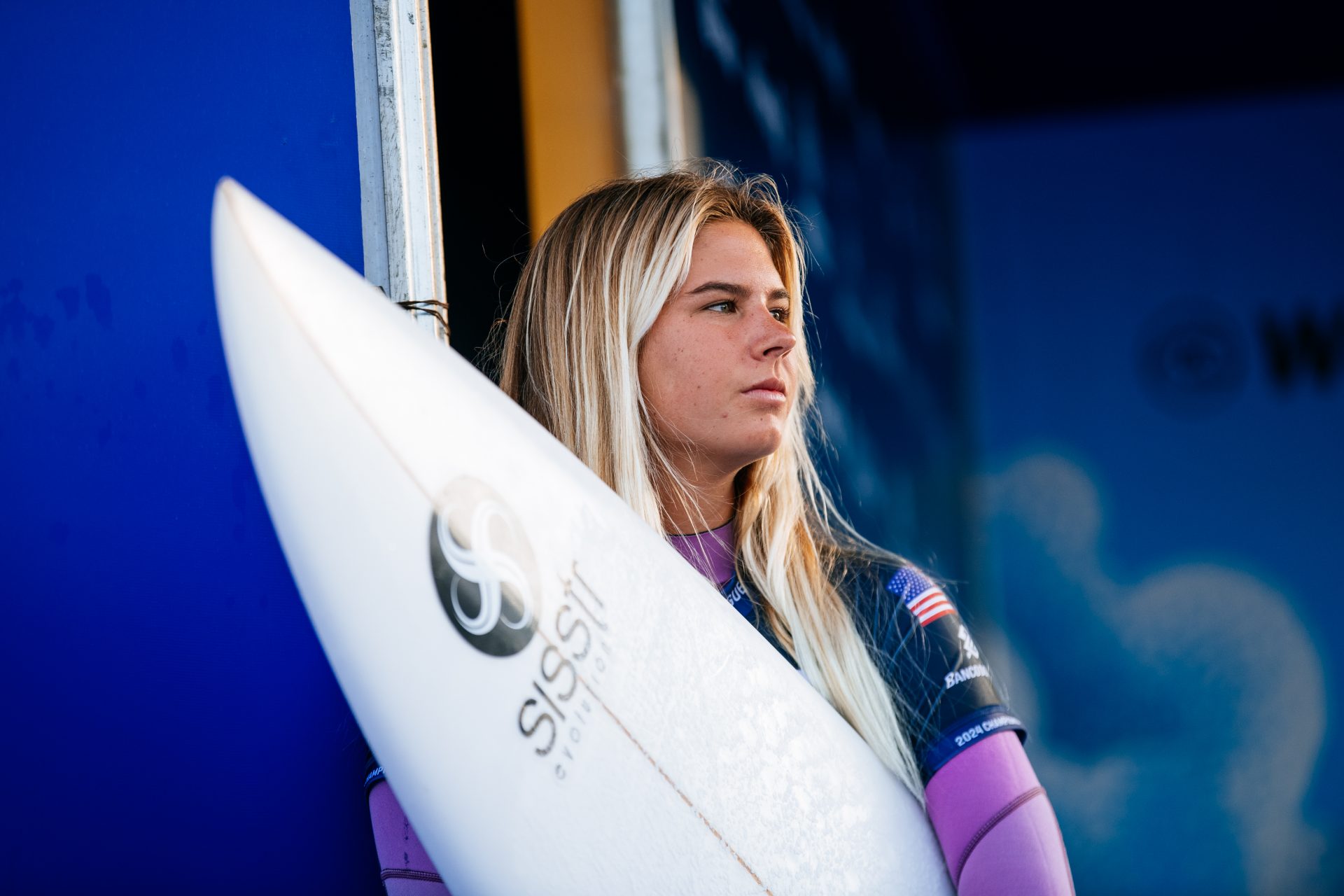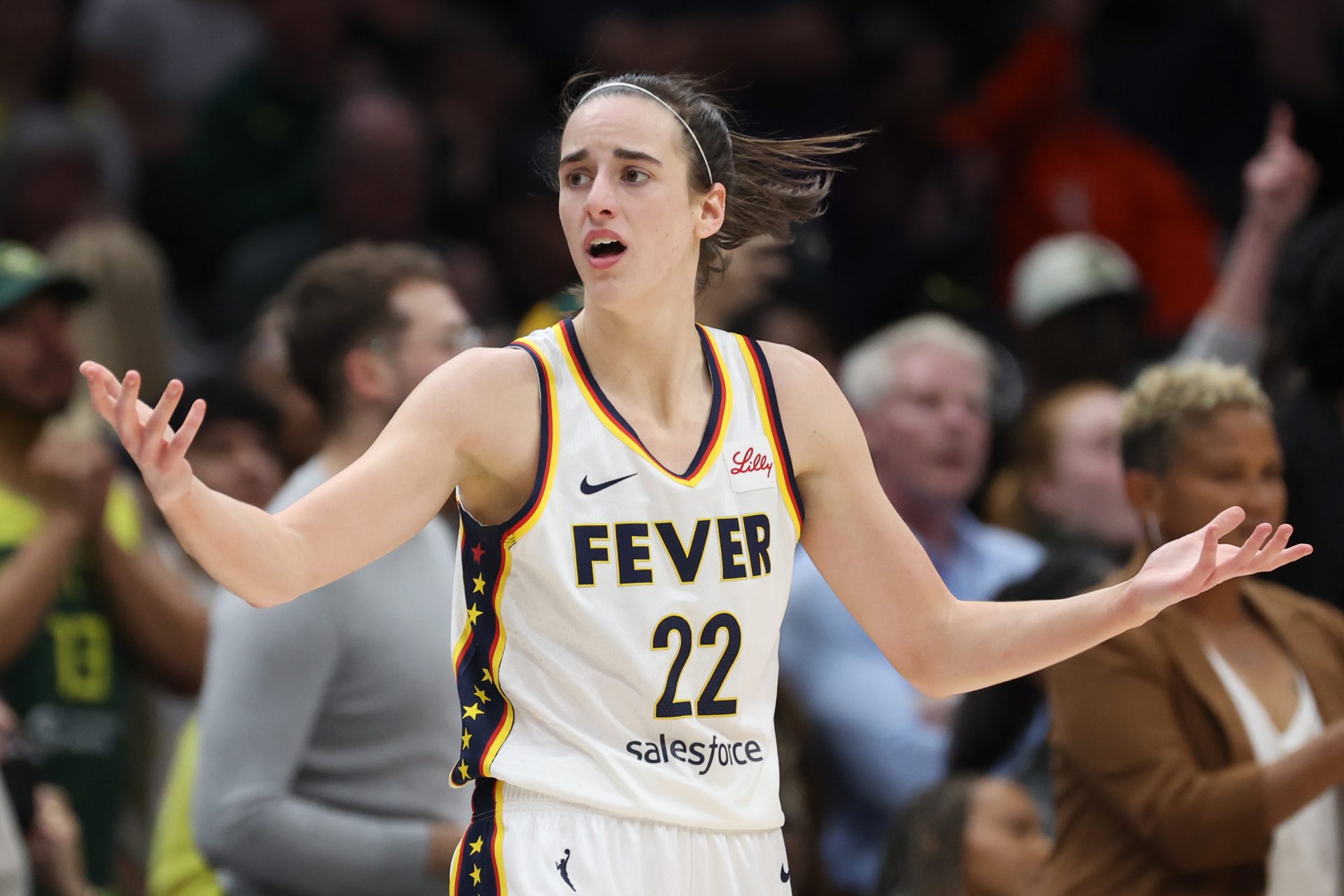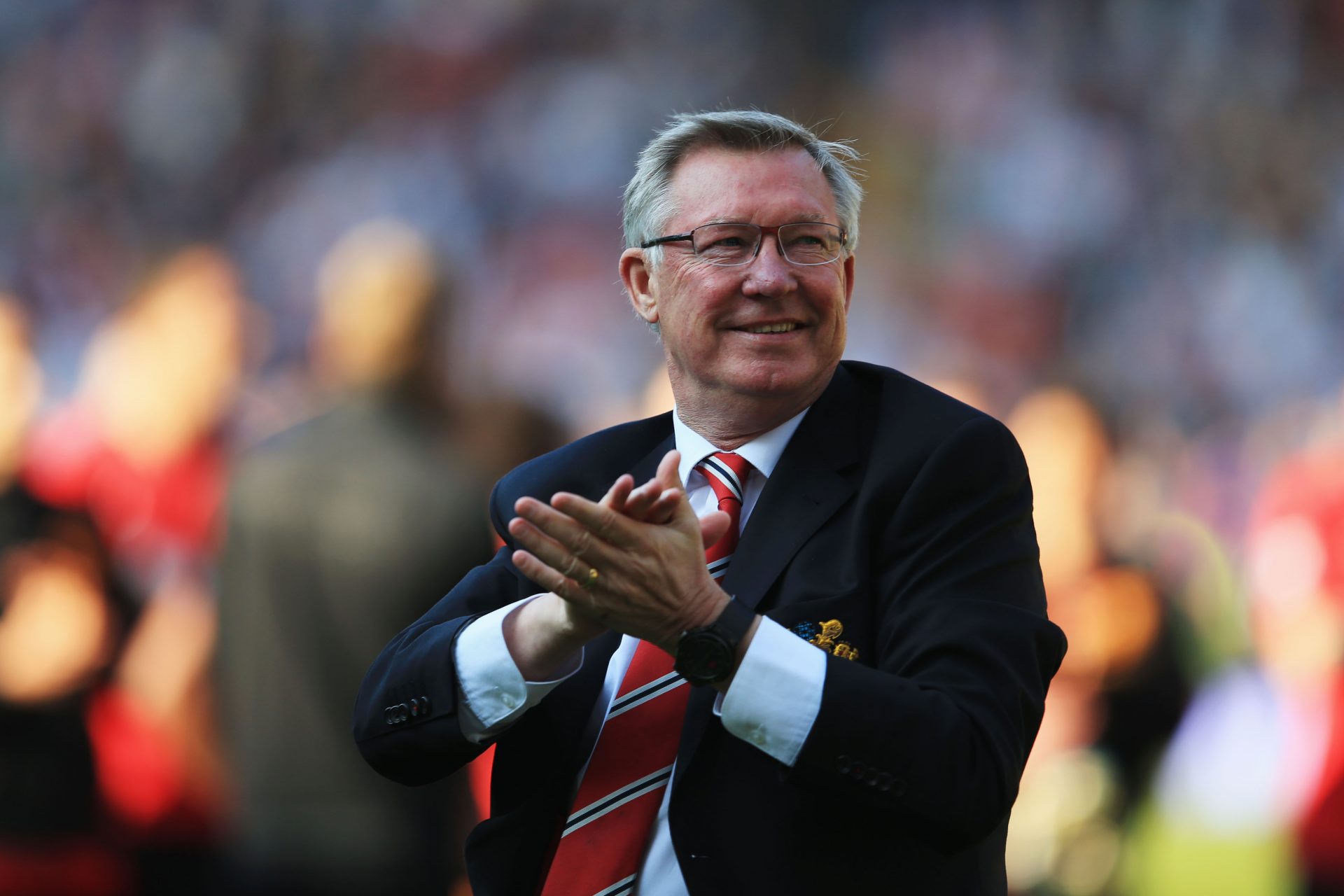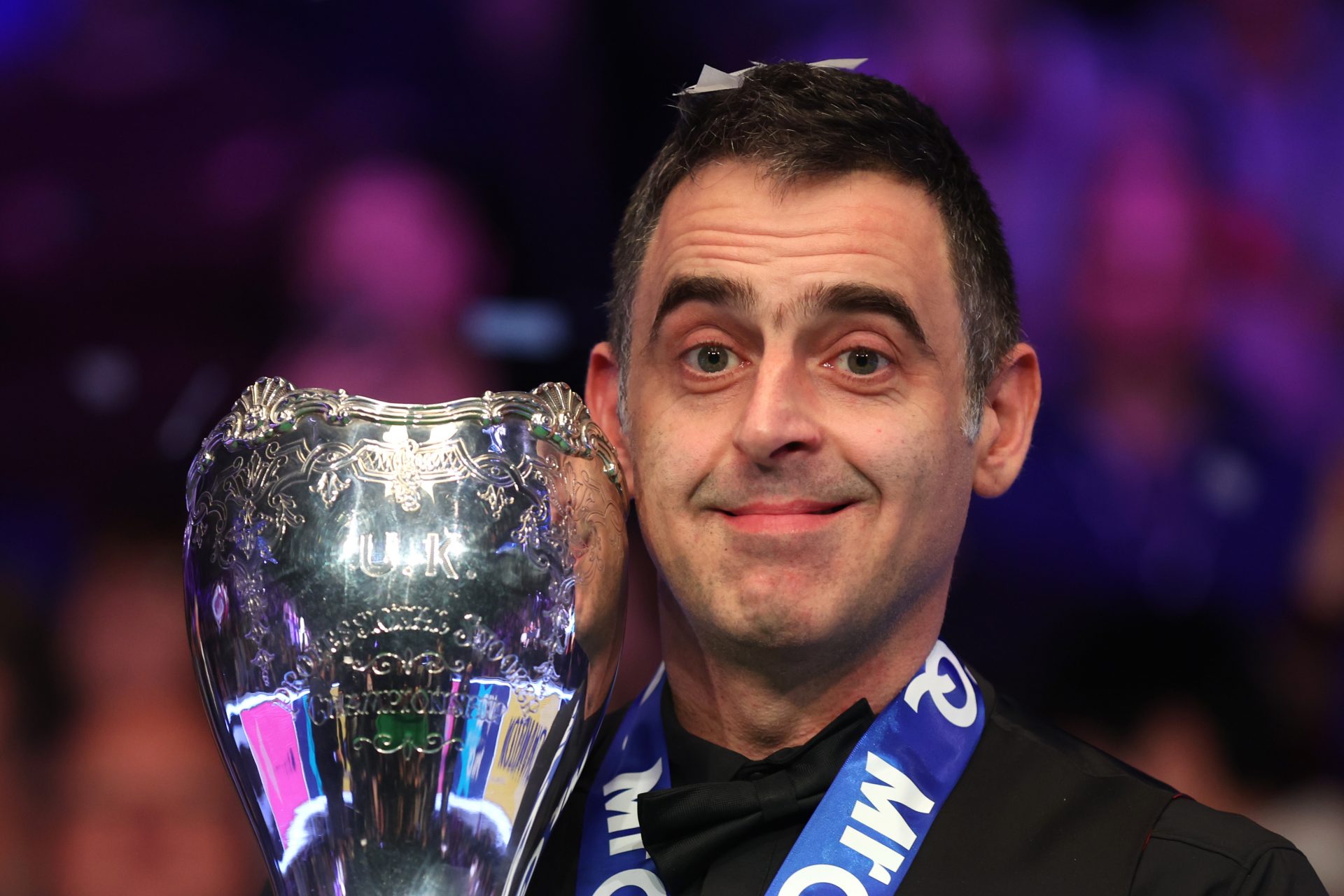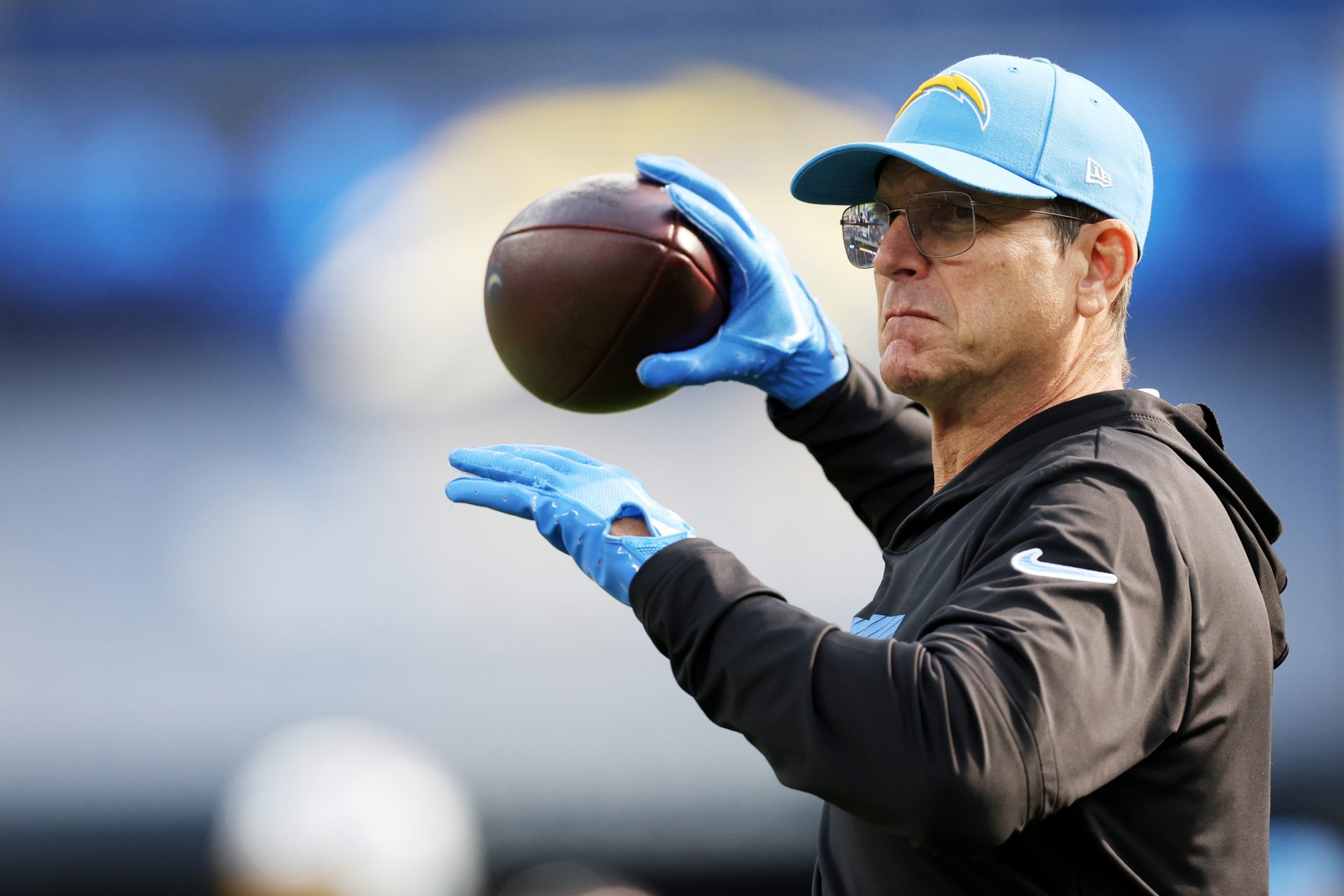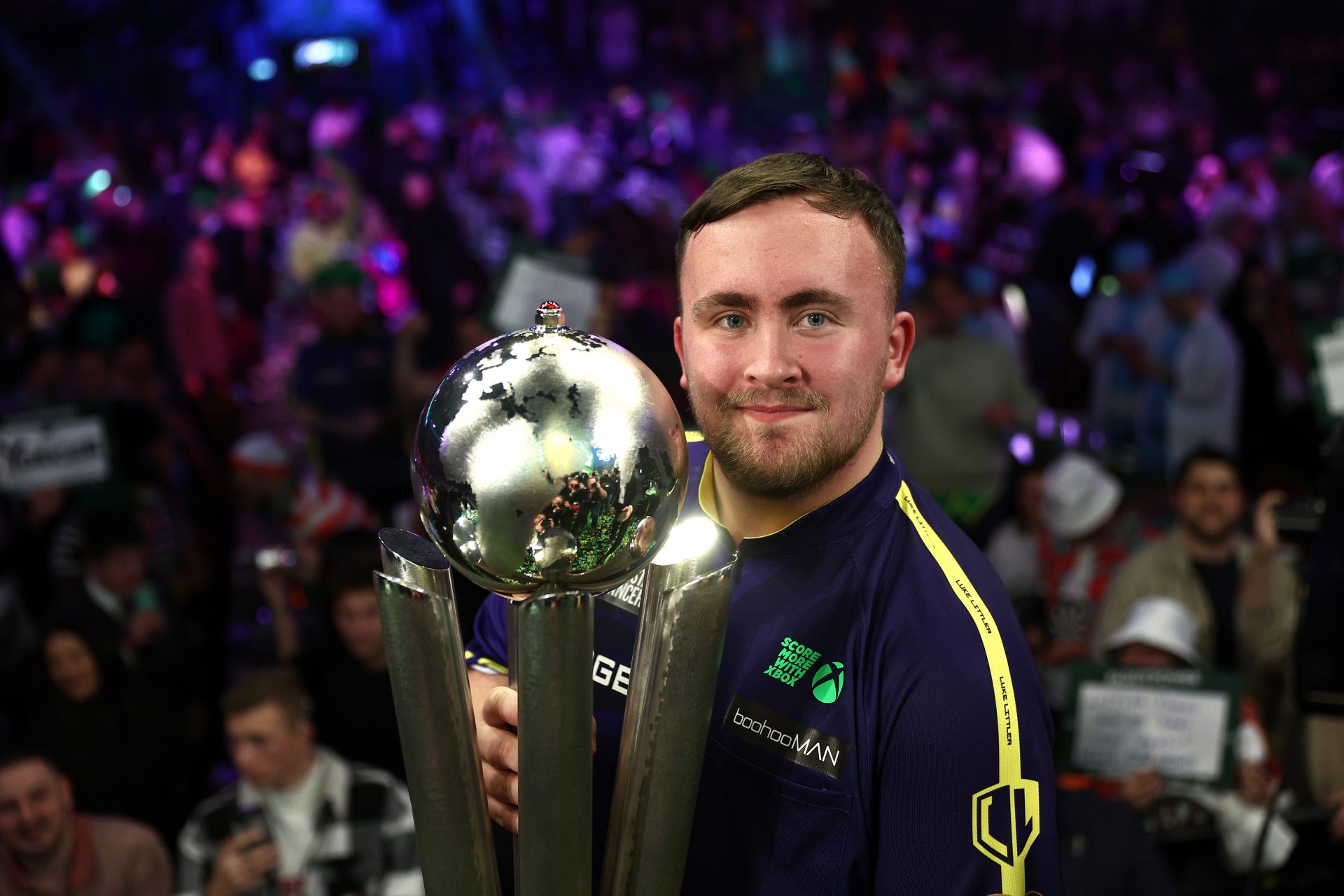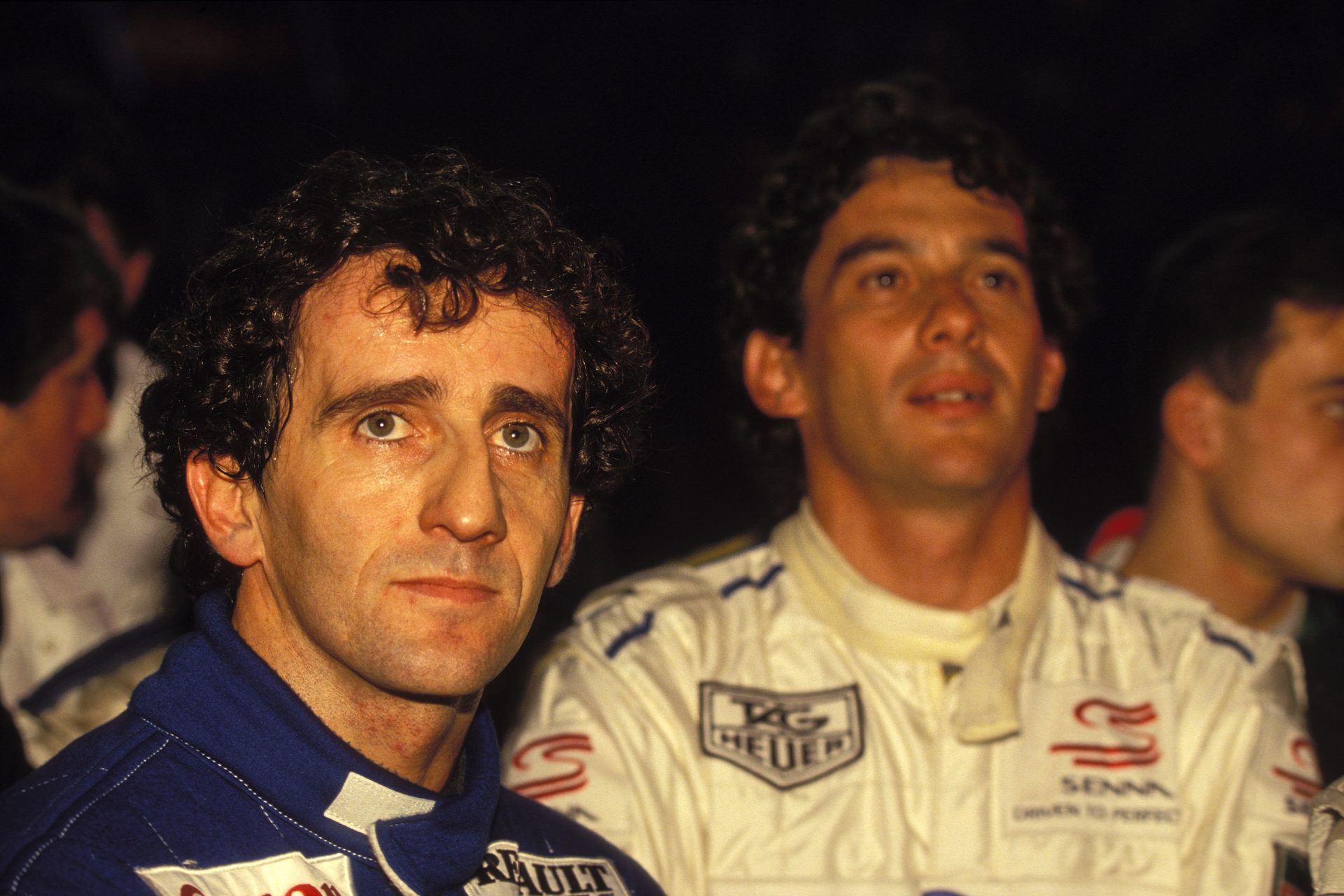A timeline of the NHL’s Pride problems
In 2010, Brent Sopel made hockey history when he brought the Stanley Cup to Chicago’s annual Gay Pride Parade as a means to honor the death of Brendan Burke, the son of Toronto Maple Leafs General Manager Brian Burke.
Brendan died in a car accident only three months after coming out as openly gay to his teammates at Miami University and Sopel wanted to do something special.
“Our entire family is touched by the kindness of Brent and Kelly Sopel, and that of the Blackhawks,” Brian Burke wrote an in email according to NBC Sports.
“This is not a small step — it’s a bold and important one. We are grateful that a statement of this magnitude is being made by the Sopels, the Blackhawks, and the National Hockey League.” Burke added.
Since Sopel's gesture of outreach, the NHL has slowly progressed towards adopting a message of love and tolerance that has resonated throughout the sport.
In 2013, the league partnered with the You Can Play Project, an advocacy group geared toward promoting LGBTQ issues in sports, and in 2016 the NHL added Pride ambassadors to their rosters according to CBC’s Stephen Whyno.
Whyno added that all 32 NHL teams now host some kind of Pride night, though many go without the themed jerseys that have become so popular among some hockey fans.
Pride was never really a major issue for the league, at least until this year when a series of objections from players turned the cultural spotlight toward the men who refused to take part in the growing movement to normalize diversity in hockey.
In January, Philadelphia Flyers defensemen Ivan Provorov refused to wear his team's Pride night jersey, citing his religious beliefs according to ESPN’s Greg Wyshynski.
"I respect everyone. I respect everybody's choices," Provorov said before the planned Pride night game against Anaheim.
The Flyers quickly went public with a message in support of the LGBTQ community, and in a statement to ESPN, the NHL said it supported diversity in hockey, but added its players were also free to make their own decisions on what they decided to support.
“Players are free to decide which initiatives to support, and we continue to encourage their voices and perspectives on social and cultural issues,” the statement read, an opinion that seemed to open the floodgates for other players and teams to take a stance.
The New York Rangers planned a Pride night in January but were forced to cancel it over concerns that it could endanger Igor Shesterkin, Artemi Panarin, and Vladimir Tarasenko, all Russian-born players subject to Russia’s harsh anti-gay laws.
On March 7th, the Minnesota Wild were forced to take down a website selling Pride-themed jerseys for very similar reasons according to World News Era.
Things only seemed to get worse for the NHL’s Pride problem after San Jose goalie James Reimer opted not to participate in his team's diversity-themed warm-up.
“In this specific instance,” Reimer wrote in a statement, “I am choosing not to endorse something that is counter to my personal convictions, which are based on the Bible, the highest authority in life.”
“I strongly believe that every person has value and worth, and the LGBTQIA+ community, like all others, should be welcomed in all aspects of the game of hockey,” the statement concluded.
Though Reimer wished the LGBTQIA+ community well, the decision not to play set off a fierce debate about what players should and shouldn’t be able to do when representing their team and the NHL.
For his part, NHL Commissioner Gary Bettman has stayed out of the fight, only saying that the league had larger goals of diversity and inclusion but would “respect some individual choice” among the players.
Since Reimers refused to participate in San Joe’s Pride night, Eric and Marc Staal have opted to avoid their team's Pride night warm-ups, also citing religious beliefs.
While fans are divided on the issue, the You Can Play Project has made their opinion very clear on how players, regardless of their beliefs, should act.
“Religion and respect are not in conflict with each other,” the organization wrote in a statement according to Global News, “and we are certainly disappointed when religion is used as a reason to not support our community.”
More for you
Top Stories

























